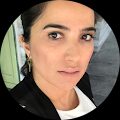Nasal Congestion and Sinusitis Problems
Nasal congestion is usually caused by structural or inflammatory issues that narrow or block the nasal passages, leading to difficulty breathing. Sinusitis, on the other hand, is the inflammation of the sinuses, which causes nasal congestion, headaches, and a feeling of pressure in the facial area. Both conditions can be treated with medical treatment or, if necessary, surgical methods.
Take the First Step Now
For more information, contact us
Schedule your appointment or online consultation with Prof. Dr. Mustafa Deniz Yılmaz now. Take the first step in your treatment process and let’s begin your journey to recovery together with personalized solutions.
Deviated Nasal Septum and Nasal Turbinates
One of the main causes of nasal congestion, known as a deviated nasal septum, is a condition that can easily be corrected with surgery. Often, swelling of the structures inside the nose, known as turbinates, occurs alongside this issue. During surgery, these turbinates must also be reduced in size.
Nasal Turbinate Hypertrophy
There are structures in both nostrils that regulate the amount, temperature, and humidity of the air entering the nose by expanding and contracting. When these turbinates remain enlarged, they are one of the significant causes of nasal congestion. This condition is especially common in cases of nasal allergies. Treatment involves techniques like radiofrequency, microdebridement, or surgical methods to reduce the size of the turbinate without damaging its outer part.
Acute Sinusitis
Acute sinusitis is an inflammation of the nose and the mucous membrane lining the sinuses caused by various viruses and bacteria. During this inflammation, the mucosa swells, which can block the sinus openings. As a result, the sinuses fill with inflamed mucus. This condition leads to severe pain in the face, fever, and nasal congestion. Antibiotics and anti-inflammatory medications are used in its treatment. If the condition lasts longer than three months, it is referred to as chronic sinusitis.

Nasal Polyps
Chronic sinusitis, allergies, and chronic rhinitis are some inflammatory conditions that can lead to the growth of tissue in the nose and sinuses, resulting in the formation of polyps. In patients with genetic predisposition, polyps can fill the nasal passages completely, making it impossible for the patient to breathe through the nose. Treatment is usually surgical. These patients undergo endoscopic sinus surgery.
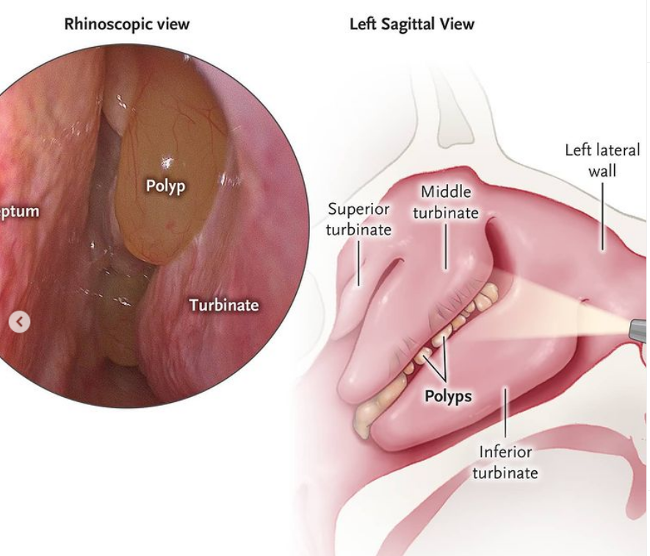
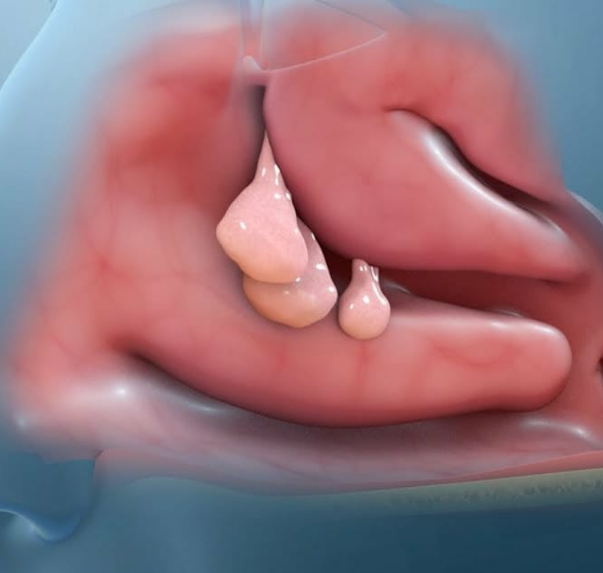
Endoscopic Sinus Surgery
In cases of sinusitis and polyps (nasal tissue growth) that do not improve with long-term medication, an endoscopic system is used to access the sinuses through the nostrils. The sinus cavities are cleaned, and the openings are enlarged. This procedure is called endoscopic sinus surgery. Different techniques are applied depending on the sinus that needs to be treated. Patients are typically discharged from the hospital on the same day or the next day.
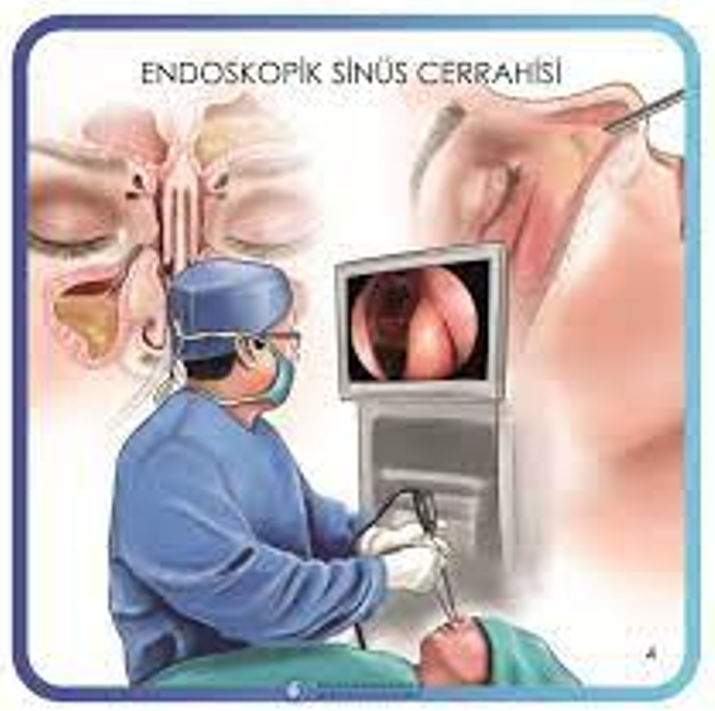
Nasal Allergy
Rhinits is the inflammation of the mucous membrane that lines the inside of the nose. When this inflammation is caused by allergic factors, it is referred to as allergic rhinitis.
It is typically characterized by severe nasal congestion, intermittent sneezing attacks (at least 3-4 times), eye watering, and itching in the nose. Treatment includes avoiding allergens, using medication, and, if necessary, surgery to reduce the size of the turbinates (nasal polyps).

What can I do to protect myself from allergies?
- Reduce the number of carpets and rugs in your home, and have someone who will frequently clean with a vacuum cleaner, other than the allergic person. A vacuum with an allergen filter is the best option.
- Do not lay rugs on concrete floors; dust mites can accumulate.
- Use synthetic polyester pillows instead of feather pillows.
- Cover mattresses with plastic covers.
- Frequently use air conditioners and dehumidifiers; dust mites thrive in warm, humid environments.
- Another common cause of allergies is pet dander. Follow these steps:
- Get a pet that sheds less dander.
- Keep pets outside the house as much as possible.
- Wash your hands after touching the pet.
- Find someone (who is not allergic) to bathe your dog once a week. However, ask whether bathing your dog weekly could damage its skin.
- Find someone (who is not allergic) to bathe your cat every week with a special solution that removes saliva from the fur.
- Molds are another common indoor allergen. Like dust mites, they grow in warm, humid environments. To minimize exposure to indoor mold:
- Use dehumidifiers and air conditioners when the air is warm and humid.
- Avoid areas in your home that are prone to mold; stay away from old paper products, old books, newspapers, or magazines, humidifiers, houseplants, and aquariums.
- Find someone (who is not allergic) to clean and remove dust from these items.
- Pollen and mold are common outdoor allergens, especially from early spring to mid-fall. To reduce exposure to outdoor allergens:
- Minimize activities such as lawn mowing or leaf raking.
- Avoid being outside on days with high pollen or mold levels.
- Close windows on days with high pollen or mold levels (and use the air conditioner in hot weather).
Terfenadine and astemizole can cause heart rhythm abnormalities in people with severe liver disease or those taking certain antibiotics or antifungal medications. Other potential side effects include narrowing of the airways and wheezing, which can resemble asthma symptoms.
Your doctor may also prescribe non-prescription nasal sprays. Decongestant nasal sprays can provide relief for a few days, but using them for more than 4-5 days may cause a rebound effect (worsening of symptoms). Other nasal drops contain sodium cromoglycate, which prevents the release of irritants called histamines from mast cells. These drops may also contain ipratropium, which blocks a natural substance called acetylcholine, important in mucus production. As a result, your doctor may prescribe nasal sprays containing low doses of corticosteroids.
This spray can stop an allergy attack, but it may take more than a week to reach maximum effectiveness. If antihistamines, nasal sprays, and environmental controls do not work, or if the medications cause side effects, you may consider immunotherapy. For immunotherapy to be effective, your doctor must identify the allergen causing the symptoms. Initially, small amounts of allergens are injected under the skin. The dose is gradually increased, typically on a weekly basis, and the treatment may last for years.
Allergens most responsive to immunotherapy include ragweed, grass, house dust mites, and cat dander. Symptoms usually improve within 6 months, but doctors may recommend treatment lasting 4-5 years. However, immunotherapy may not always be effective.
My paths crossed with Dr. Deniz because of my vocal cord polyp. My indecision before my doctor cost me 8 months. It didn't take us 8 minutes to get examined and decide on surgery. I pray for you for restoring my hoarse voice. I'm so glad Mustafa Deniz Yılmaz🙏
My nephew Ugur Karaer was suffering from empty nose syndrome. We went to every doctor in Istanbul. Finally, God brought us to Dr. Deniz. He performed the surgery successfully and saved my nephew's life. May God bless him.
I don't know how many surgeries I've had myself. But when it comes to children, everything calms down. 🙁 After seeing three doctors for my 2.5-year-old daughter's adenoid and tonsillectomy, we thankfully found Prof. Dr. Mustafa Deniz Yılmaz. His knowledge and patient approach made us believe he was by far the best doctor in this field. His assistant, secretary, the specialist who performed the hearing test... the entire team was extremely professional. Success is a team effort. That's why the whole process went smoothly, and we left satisfied. 💕 May God bless him 🙏🏻
We came from Almaty on vacation, and my son started having ear pain from the very first day. They recommended drops and medications, but nothing helped. We stumbled across a doctor online and decided to take a chance. She turned out to be wonderful, and after the first dose of medication, my son felt better. Within a week, there was no trace of the infection. Special thanks to the translator for her care, understanding, and professionalism.
I was suffering from empty nose syndrome. For those who don't know, I should say that almost all of my nasal tissue was removed. It is a very bad disease. I went to 100 ENT doctors in Istanbul and they couldn't find a solution. Finally, I found Deniz Hoca, who is an expert in this field, and he took cartilage from my rib and performed the surgery and I got better. Thank you very much for everything.
I had a tonsillectomy performed by our doctor, Mustafa Deniz Yılmaz. The surgery went smoothly, and although it's said to be more difficult for adults, I recovered very quickly. I'm so glad I chose Mustafa.
Hello, they told me that my parotid gland needed to be removed. I went to so many doctors that I finally decided on Dr. Mustafa. I am glad I chose Dr. Mustafa. You do not need to look for a doctor, you can choose my doctor with peace of mind without any worries.
I had a nose surgery 9 months ago by Mustafa Deniz Hoca. Both he and his team are always in touch with you before and after the surgery and provide detailed answers to questions. I am very pleased with my nose in terms of aesthetic appearance and health. Thank you and your entire team for everything.
First of all, I would like to thank my instructor Mustafa Deniz Yılmaz for his efforts. I had a nose surgery about 4 months ago. Like everyone else, I had the opportunity to research and compare the videos taken by many people who had this surgery and the perspectives of experts in their field on nose surgeries. I am very happy that I made the right decision and had surgery with my instructor Mustafa. I sincerely recommend my instructor Mustafa to everyone who wants to breathe both aesthetically and healthily and has problems.
I had a nose surgery in February. They never failed to show interest from the moment I entered the clinic until the last moment. No one even understands that I had plastic surgery. Mr. Deniz is one of the best in his field. I recommend it to everyone.
I had a nose surgery 3.5 months ago. The surgery and recovery process went great. There are a few things you should pay attention to after the surgery, they don't affect your quality of life too much. The doctor makes you feel very comfortable about that because it's not as complicated as you think. Other than that, I can breathe easily now, which is the most important thing. Also, Assistant Ayşegül Hanım gets back to you directly at any time of the day, no matter how long it has been since the surgery, if you have any questions. I'm very happy that I chose the right doctor.
I met Dr. Deniz upon the recommendation of another patient. He performed my ear surgery approximately 6 months ago with the diagnosis of Cholestatum. His care and follow-up of his patient both before and after the surgery for 6 months is commendable. I would also like to thank Dr. Deniz for his confidence in his patient and his friendly approach. I am in a much better position after the surgery, both in terms of hearing and risk of infection. I would like to thank Prof. Dr. Mustafa Deniz Yılmaz and his team.

Anesthesia Type: General

Operation Time: 2-3 Hours

Pain: Mild

Length of hospital stay: 1 night
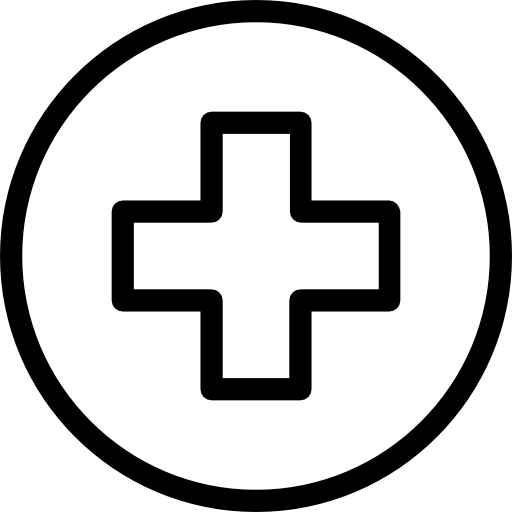
Recovery Time 7 days
Fill in the Form
Let us call you
Take the First Step Now
For more information, contact us
Schedule your appointment or online consultation with Prof. Dr. Mustafa Deniz Yılmaz now. Take the first step in your treatment process and let’s begin your journey to recovery together with personalized solutions.





